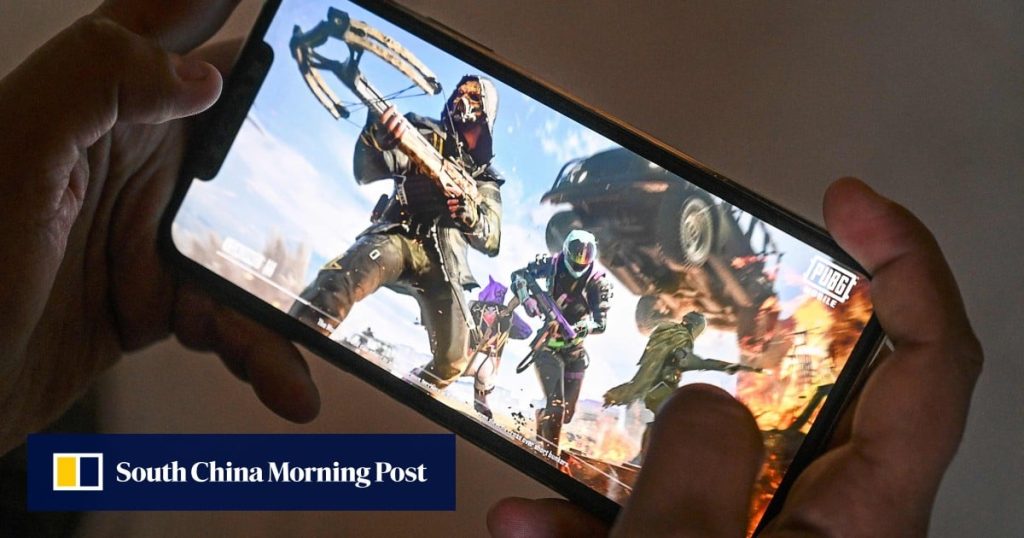Indonesia’s latest plan to clamp down on violent video games in the wake of a mosque bombing has reignited a long-running debate over the impact of digital media on young minds and whether regulation alone can stem an apparent rise in bullying and online radicalisation.
President Prabowo Subianto called for restrictions on games that “normalise violence” following a November 7 blast at a North Jakarta high school mosque that injured nearly 100 students during Friday prayers.
Prasetyo Hadi, the state secretary, told reporters two days later that Prabowo had instructed officials “to think about limiting and trying to find solutions to the [negative] effects of online games”.
He specifically cited the wildly popular battle royale shooter PUBG: Battlegrounds, developed by South Korean firm Krafton, warning that its user-friendly gameplay and focus on combat made it a bad influence on impressionable users.
“Take PUBG, for example. We may restrict it. There are various types of weapons [in the game], and it’s very easy to learn, making it even more dangerous. Psychologically, people become accustomed to violence,” Prasetyo said.



